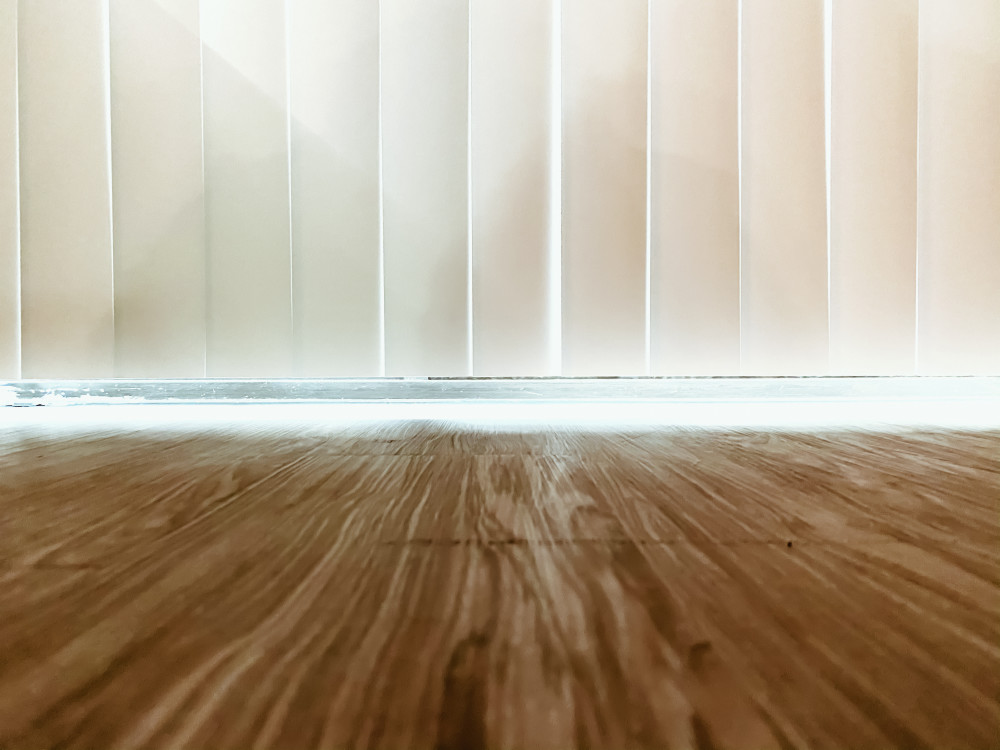If you’re planning to install blinds in your office, you may want to consider roller shades for your windows. These are convenient, easy to clean shades that come in many different materials and patterns. Some roller shades are upgraded to block certain types of light. You can also choose cordless blinds if you want a completely blackout solution. Additionally, valances and cornices can add style and elegance to your window coverings. No matter what style you decide to go with, roller shades provide endless possibilities for light filtering and privacy.
Cellular shades
Custom made cellular shades can be tailored to your office’s specific needs, including reducing energy costs and glare from computer screens. Not only can custom shades reduce energy costs, but they can also provide comfort for your staff and clients. Custom-made shades can even be tailored to your office’s color scheme. Cellular shades are also an excellent option for law offices that need to limit outdoor noise and minimize computer screen glare.
Pleated shades
While cellular blinds and pleated shades operate on the same principle, they are different in their operation and appearance. Cellular blinds are rigid while pleated shades are flexible and can be adjusted to fit a room’s needs. While cellular blinds keep the room cool in the summer and warm in the winter, pleated shades offer privacy and light control while allowing for easy adjustment of the discount roman shade.
Roman shades
When you are considering window treatments for your law office, there are many options to choose from. Custom-made cellular shades offer full privacy for your clients, help you reduce energy costs, and help keep office workers from getting eye strain. Unfortunately, Roman shades are also some of the most dangerous types of window coverings, and the Consumer Product Safety Commission reports that over three million of them have been recalled. For this reason, we suggest that you look into custom-made cellular shades or pleated shades instead.
Miniblinds
If you’ve been injured by a mini blind, you probably wonder who’s to blame. If you’re an attorney, there are attorneys that specialize in this kind of litigation. At the Onder Law Firm, we help victims of dangerous window coverings recover compensation for their injuries. In fact, we have filed a class-action lawsuit against major manufacturers and distributors, forcing them to replace these dangerous products with safer options.
Voluntary standard
A Voluntary Standard for Window Blinds is the most recent and widely accepted safety standard for window treatments. This standard is intended to prevent injury caused by improperly functioning window treatments, especially stock window coverings. A Voluntary Standard for Window Blinds (VSR) must include the necessary requirements for stock window coverings as well as for customized products. It addresses a number of common safety issues, including the potential for injury or strangulation from the operating cords.
Cost
The cost of window blinds can range from $6 to over $1,000, depending on the style and material of the window treatment. Vinyl materials tend to be the least expensive while hardwood materials are the most expensive. The average cost of installing window blinds is $140 to $400, but the cost can increase with custom options or larger jobs. Before hiring a window treatment installation company, it is wise to get three estimates. For example, a twenty-four-inch-by-30-inch hardwood window blind will cost around $80, while a vinyl model will run about $50.
